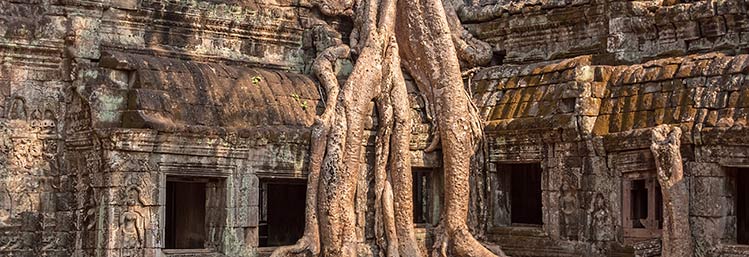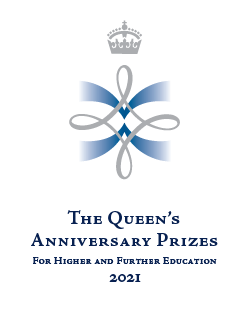
Heritage and Archaeology
BA (Hons)
- Typical offer for 2025
- Duration
- UCAS code
Suitable for applications.
Learning and assessment
The School of Archaeological and Forensic Sciences has developed its programmes around the principles of inclusivity and diversity, offering student choice and direction in learning, and development of autonomous skills.
Our programmes integrate assessment for learning, in which learning sessions, assessment activities, intended outcomes and employability relevance are closely correlated and supported by formative feedback, aimed at student development. Teaching on programmes across the School of Archaeological and Forensic Sciences incorporates innovative practice and technologies. We undergo regular formal review both by the University of Bradford and our professional accrediting bodies to assure high standards in our teaching quality and maintain relevancy in our subject material and professional context.
Our teaching occurs on a foundation of trust and expectation; we expect and trust that students participate and engage with all learning and teaching activities, whether they occur on campus or online, and students can expect and trust that staff will create engaging and productive learning and teaching environments. The learning and teaching strategy takes into consideration the learning outcomes, progression through the levels of study, the nature of the subject and the student intake, and the need for students to take greater responsibility for their own learning as they progress through the programme.
A wide range of assessment methods are used, including essays, portfolios, worksheets, critiques, laboratory reports, group work, poster (in the placement year), oral presentations, research designs, reflective journals and examinations.
University of Bradford honoured with Queen’s Anniversary Prize for outstanding archaeology
We have been awarded a 2021 Queen's Anniversary Prize for Higher and Further Education for our world-leading work in developing archaeological technology and techniques and its influence on practice, policy and society.
The prestigious accolade, which honours world-class excellence and achievement, is the highest form of national recognition that UK higher education institutions can achieve. The University has been honoured for its leadership and innovation in pioneering the techniques, technology and practices of archaeology both in the UK and worldwide.

Study support
Our comprehensive support services will help you to achieve your full potential – both academically and personally.
We provide all you need to make the very best of your time with us, and successfully progress through your studies and on into the world of graduate employment.
Our support services include:
- Personal tutors
- Disability services
- Counselling services
- MyBradford student support centres
- The Students’ Union
- Chaplaincy and faith advisers
- An on-campus nursery
- Halls wardens
We have well-stocked libraries and excellent IT facilities across campus. These facilities are open 24 hours a day during term time, meaning you’ll always find a place to get things done on campus.
Our Academic Skills Advice Service will work with you to develop your academic, interpersonal and transferable skills.
Research
The University of Bradford has well-established international expertise in the field of Heritage and Archaeology.
The School of Archaeological and Forensic Sciences brings together academic experts from both Humanities and Science backgrounds within a single centre, creating a powerful and distinctive research identity which blends cultural archaeology with cutting edge science.
Examples of our recent work include:
- 'Archaeologists from the University of Bradford lead discovery of massive Neolithic structure near Stonehenge'
- 'Global organisation Mercy Corps and the University of Bradford pilot VR tech to help refugees reconnect with their homeland'
- 'Jigsaw puzzle’ software developed by Bradford archaeologists could be used on modern crime scenes'
- 'Archaeologists race against time to save ancient handprints'
- 'Scientists find new evidence of massive tsunami that devastated ancient Britain in 6200BC'
- 'Brown Banks and White Cliffs: the search for lost prehistoric settlements in the North Sea'
